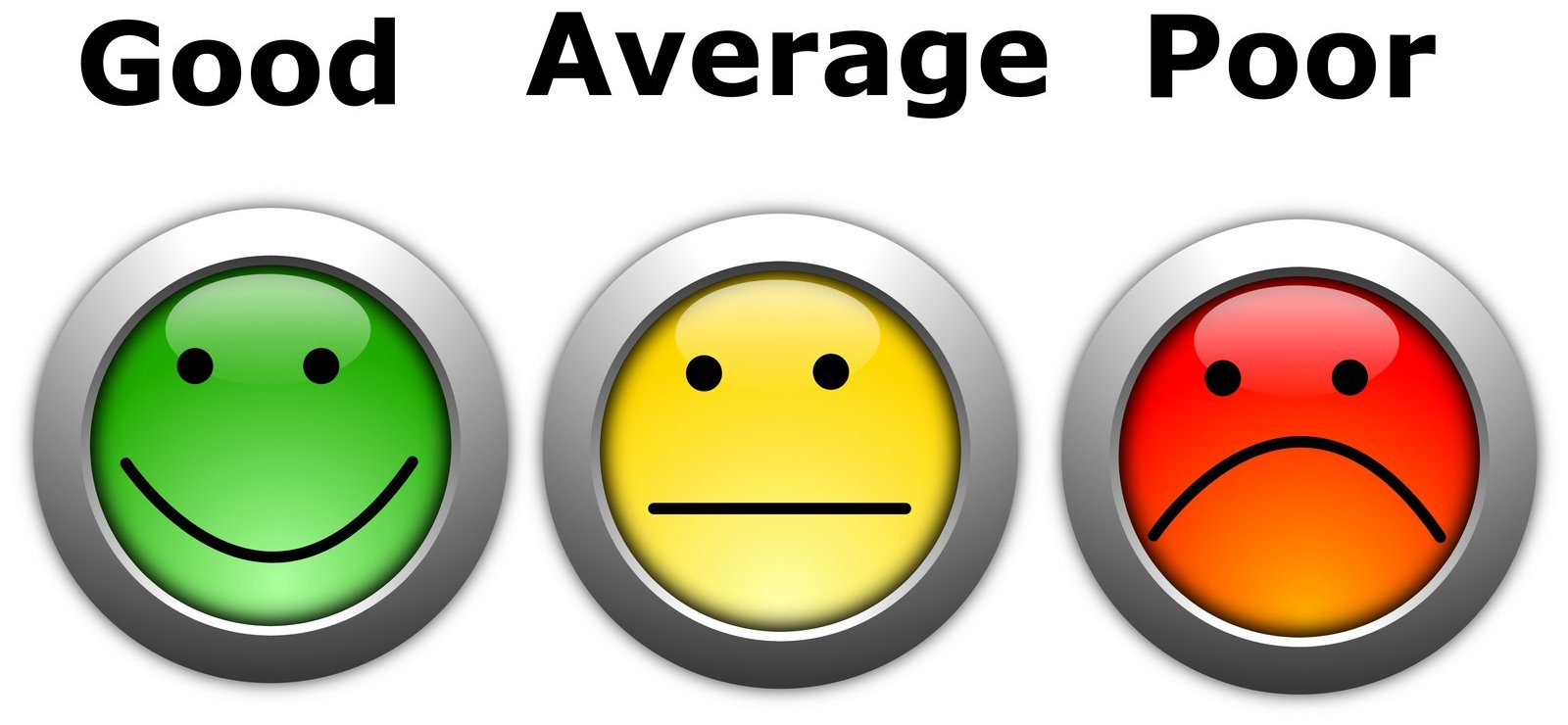|
Getting your customers to post reviews about your products and services can be one of the most beneficial ways to increase your ranking on Google and boost sales. Many business owners feel that reviews don't do much for their business and focus on other marketing activities. However, almost 80% of potential customers will look up a company’s website, read its reviews, and check its star rating before making their purchase decision. This fact makes it very important for you to encourage your customers to post reviews after they have purchased your product or service. By Alain Houle, Alco Web Design LLC Customer Reviews- How You BenefitThere are three key benefits of customer reviews:
Why Do Reviews Matter So Much?Google always focuses on delivering the most beneficial & relevant results for all local searches. Not only are they interested in knowing what your business does, but how your customers perceive it. To a great extent, they determine this by the number of reviews you have overall and what your average star rating on GMB is. Very recently, Google has also updated its online map searches layout to display reviews and ratings very prominently. When it comes to Local SEO rankings, the quantity and quality of reviews become vital ranking factors. Business listings with a higher number of reviews are perceived as more credible than businesses with fewer or poor reviews. How To Encourage Customers To Post ReviewsOne of the best ways to maintain control over your reviews and maximize their effect is to encourage customers to post reviews about your business, on your Google+ Local page. This aspect is something you need to prioritize. It's also crucial that you source reviews ethically and efficiently. Here are some ways to do that:
0 Comments
Many people consider online reviews from Facebook, Google, Angie’s List, etc. when shopping for goods and services. Positive online reviews are great for small businesses but soon or later you will have to deal with a negative review from an unhappy customer. By Alain Houle, Alco Web Design LLC The following link will take you to an outstanding article that explains how to respond to negative online reviews. This article will show you how to turn negative reviews into positive reviews. It will also show you how to take advantage of those negative reviews to show other potential customers how important customer satisfaction is to your business.
Usually I write my own blog posts but this article is so well done, there is not much I could have add to it so here it is at https://www.brightlocal.com/2017/08/23/how-to-respond-to-negative-reviews/. Monitor Online Reviews Quickly responding to negative reviews is of prime importance but there are so many online review sites that it is very difficult and time consuming to monitor all online reviews. We can automate this process, so you receive an email identifying your new online reviews on a weekly basis. For more information call us at (920) 850-4642 or fill in this contact us from and we will get back to you promptly. For most small businesses, ranking high on the Google search results is not rocket science but it requires a methodical approach. According to a recent study by Moz (www.moz.com/local-search-ranking-factors) the Google ranking results for local small businesses are primarily based on the following factors. By Alain Houle, Alco Web Design LLC Gone are the days where having a website was the only thing small business owners had to do to drive customers to their doorsteps. Every business has a website these days and competition is fierce for the top of the Google search results. Here is what you and your Web Master should focus on:
1 - Google My Business Signals (Proximity, categories, keyword in business title, etc.) 19% In addition to be the most important search ranking factor, your Google My Business (GMB) listing is an excellent way to connect online with potential customers. Setting up GMB is free and easy. Once your GMB account is setup, take advantage of the GMB posts to advertise for special events and promotions. 2 - Link Signals (Inbound anchor text, linking domain authority, linking domain quantity, etc.) 17% For Google, links are like votes at a popularity contest. Websites that get many links, especially from important websites, must be good and deserve to rank high on the Google search results. Trade reciprocal links with your supplier, customers, or other noncompetitive businesses. Get links from your local chamber of commerce or local organizations you sponsor or are part of. Participate to blogs or publish newsletter with a link back to your website. Tell the world about your website and get linked! 3 - On-Page Signals (Presence of NAP, keywords in titles, domain authority, etc.) 14% Writing for the web is a delicate balance between creating persuasive content that is also easy for Google to categorize. Give Google a chance to understand what goods and services you offer, who are your customers, where is your business located and how to contact you. Your webmaster does not know your business. Work and rework the text of your pages, then let your webmaster take care of the technical details. 4 - Citation Signals (IYP/aggregator NAP consistency, citation volume, etc.) 13% Before the Internet, people used printed directories like the Yellow Pages to find information about a business. Citations are the modern equivalents of the Yellow pages. They are electronic directories that publish your business name, address, phone number, etc. Many citations directories will list your business for free but manual submitting is a tedious and time-consuming process. 5 - Review Signals (Review quantity, review velocity, review diversity, etc.) 13% Google uses online reviews to determine the reputation of a business. Reputable businesses rank higher on the Google search results. Getting positive reviews from satisfied customers is easier said than done. Convincing an unhappy customer to change a negative review is even harder. Get help from specialized consultants. Focus on the top review sites that are Google My Business, Facebook, Amazon, Yelp, trip Advisor, Yellow Pages, BBB, Manta, Angie’s List, and Foursquare. 6 - Behavioral Signals (Click-through rate, mobile clicks to call, check-ins, etc.) 10% Google uses statistical info about your visitors to determine how well your website meets their needs. Websites that get attention from visitors rank higher on the Google search results. Make sure your content is interesting and well organized, so your visitors quickly find what they look for and come back to your website. Having fresh content, creating periodic promotions or creating a blog are good ways to convince visitors to come back to your website. 7 - Personalization 10% Websites with original content rank higher on the Google search results. Do not copy from you’re your competitors. Come up with your own text and do better. Writing for the web is not easy for most small business owners that are business people, not writers. Consider professional writing services. 8 - Social Signals (Google engagement, Facebook engagement, Twitter engagement, etc.) 4% Interestingly, participation to the social medias ranks last on the top Google ranking factors. This means that, for most small businesses, social medias should be used with moderation and after work on other factors has been completed. Alco Web Design LLC Having a website is pointless if nobody finds it. We take SEO seriously and strive to deliver consistent and sustainable traffic to your virtual doorsteps. Let our web designers and SEO experts turn your website into a cost-effective marketing tool. For more information call us at (920) 850-4642 or fill in this contact us from and we will get back to you promptly. Most people that are looking for a product or service will end up conducting an online search. They will look at multiple sites that provide that product or service and zero in on one that matches their requirements. Not only do they look at the specifications and description of a product; they also want to ensure the site they are purchasing the product from is a credible company. By Alain Houle, Alco Web Design LLC They ascertain this by looking at what the position of the website is on the SERP (search engine results page). You will rarely find users moving onto the second page of the search results. So when there are so many biggies out there with established companies working on their marketing strategies, how can the small businesses keep up?
Some strategies The good news is that it’s possible even for small businesses to reach that coveted position on the SERP; they can do this by focusing on building website authority. Take a look at a few things that can be done easily:
When you are consistent with your brand building strategy, you will automatically become a dependable authority in your field. For more information about how you can build authority for your business website, and for comprehensive web design solutions, contact Alco Web Design via email; we will respond promptly. In competitive environments, even well designed and well optimized websites have difficulties to stand out and draw their share of visitors. Internet marketing are promotional activities designed to bring potential customers to a website. Here is list of them, please visit our internet marketing page for more details. By Alain Houle, Alco Web Design LLC Tell the world about your website: Tell your suppliers, customers, colleagues, partners, friends, family, baby sitters, church members, etc. and invite them to visit your website. Give them an incentive by offering an on-line coupon or some information only available on your website.
Conventional advertising techniques: Your website name should appear on every email message you send, business card, letter heads, invoices, yellow pages, promotional items, advertisement flyer, etc. Radio & TV ads, they still work, use them! Get linked: Ask your suppliers, customers, partners, chamber of commerce, business associations, town hall, local paper, non-competitive businesses, etc. for links to your website. Figure out who links to your competitors and request links to your website. Grease the skid by offering a reciprocal link. Give a reason to your visitors to come back to your website: Periodically change content, offer sales and promotions, create on-line only promotional items, etc. Publish a blog and send newsletters or periodic emails with links back to your website. Facebook: I hate Facebook but with 1 billion accounts, Facebook is a force to be recognized. Create a Facebook page and periodically post new information inviting people to visit your website. Once again, give them an incentive by offering an on-line coupon or some information only available on your website. Consider doing the same for Twitter. YouTube: Create video(s) about your company, post them online and invite viewers to visit your website. YouTube is owned by Google that will reward you for your effort. Create a YouTube channel and group all your videos so they are easy to find. Local listings: Remember the old Yellow Pages phone book? Many websites offer an electronic version of the Yellow Pages and will gladly list your website for free. Local listings are a must for many small businesses that rely heavily on local sales. Google My Business, Bing Places, and Yahoo Local are the most important and a good place to start. There are many other local listings, prioritize your efforts. Get reviews and positive feedback: Ask your satisfied customers to post on-line reviews on Facebook, Google Maps, Bing Places, and Yahoo Local. Grease the skid by providing them with incentive such as a coupon, discount, or gift card. For more details please visit our SEO Internet Marketing page. |
Your HostMy name is Alain Houle. Since the late 1990s I own and operate Alco Web Design LLC from my home office in Greenville Wisconsin. I specialize in creating professional and cost-effective websites for small-business owners in the Appleton Fox Valley. I love to help local entrepreneurs grow their businesses. Contact me now!
Archives
February 2024
|







